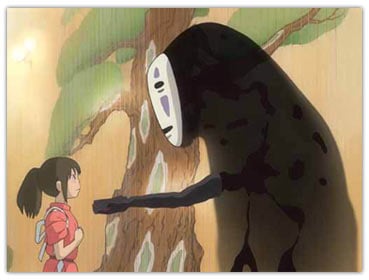When I started my third year of Japanese at SDSU, there was a new book we were required to buy: a Japanese dictionary, the same type used by Japanese junior high school kids to look up words in their own language. From that point on, rather than spit out the meanings of vocabulary words in English, we were required to learn the Japanese explanation for words. So for a word like gambaru (in English, to work hard, to do one’s best) we had to memorize a long sentence explaining what it meant in nihongo. Although we all grumbled a lot, it was really good for us, since it exposed us to more ways to express ideas in our new language. While I’ve been on my extended trip to the U.S., my daughter has been learning English from a tutor to help bring her English reading level up. She learned all about Benjamin Franklin in English, for example, with no opportunity to cross-reference the new words she was learning with Japanese, which helps her gain confidence when speaking even though it’s hard for her at first. (Incidentally, we recommend the Kanji DS Dictionary for the Nintendo DS, since it contains many useful dictionaries including J-E, E-J, kanji and a straight Japanese-language dictionary for looking up words natively.)

My daughter learned about Benjamin Franklin in English.















